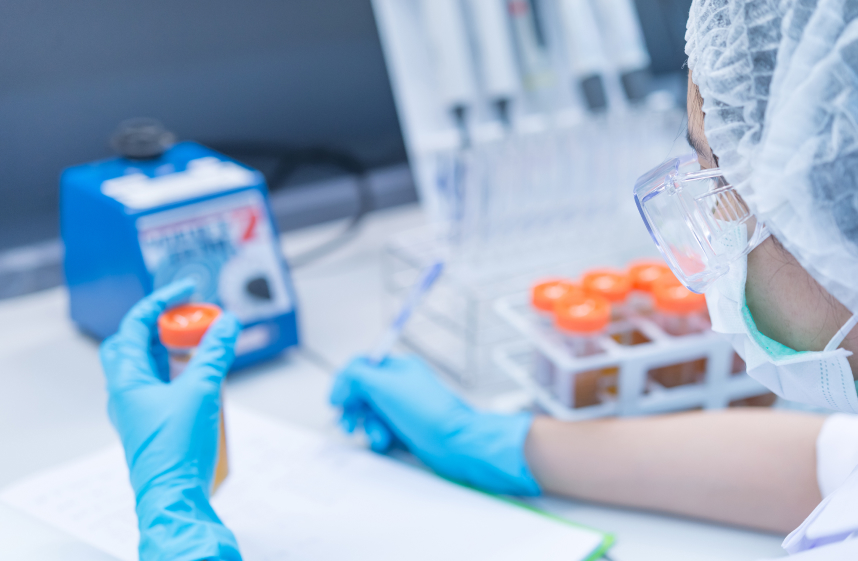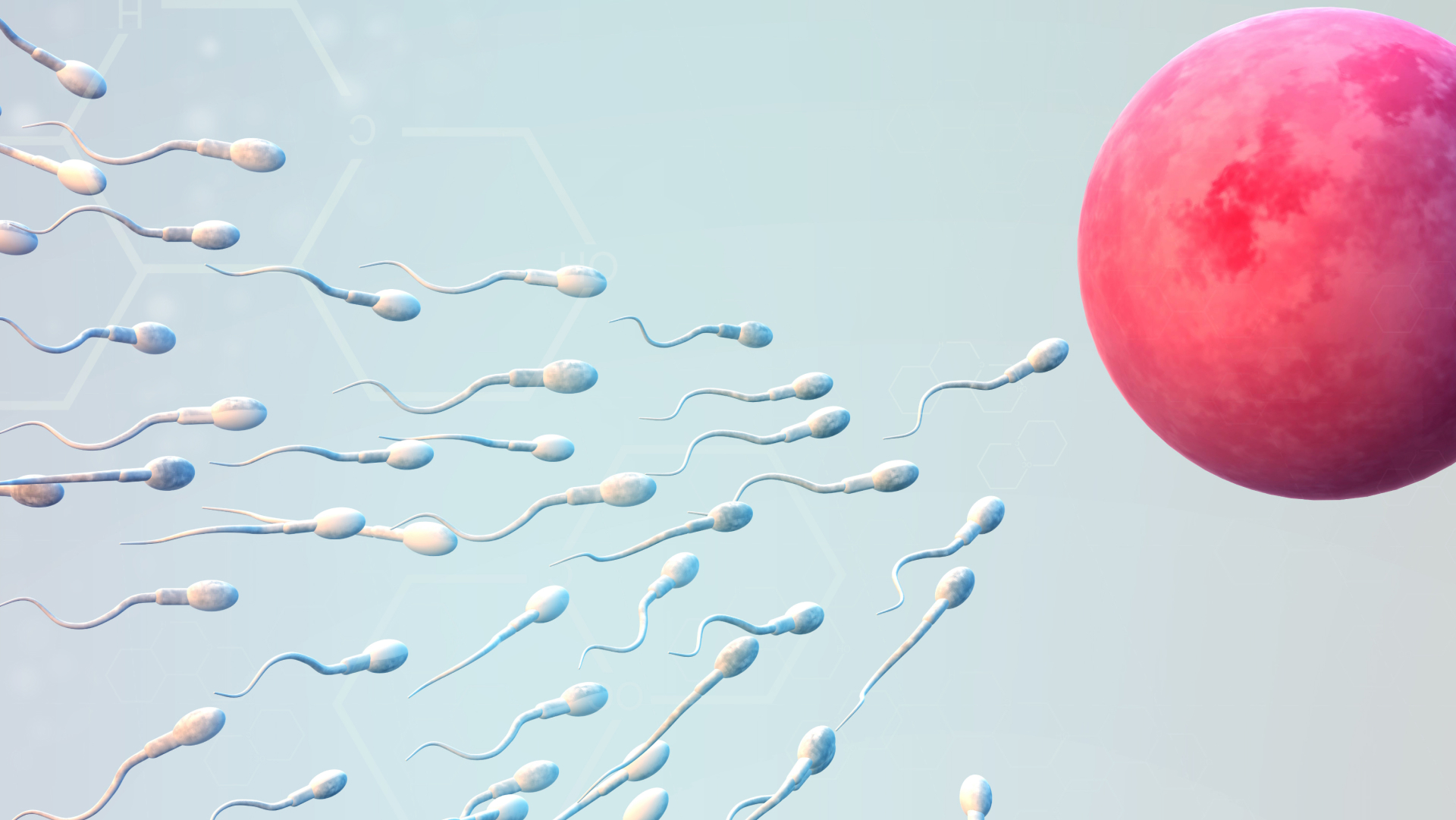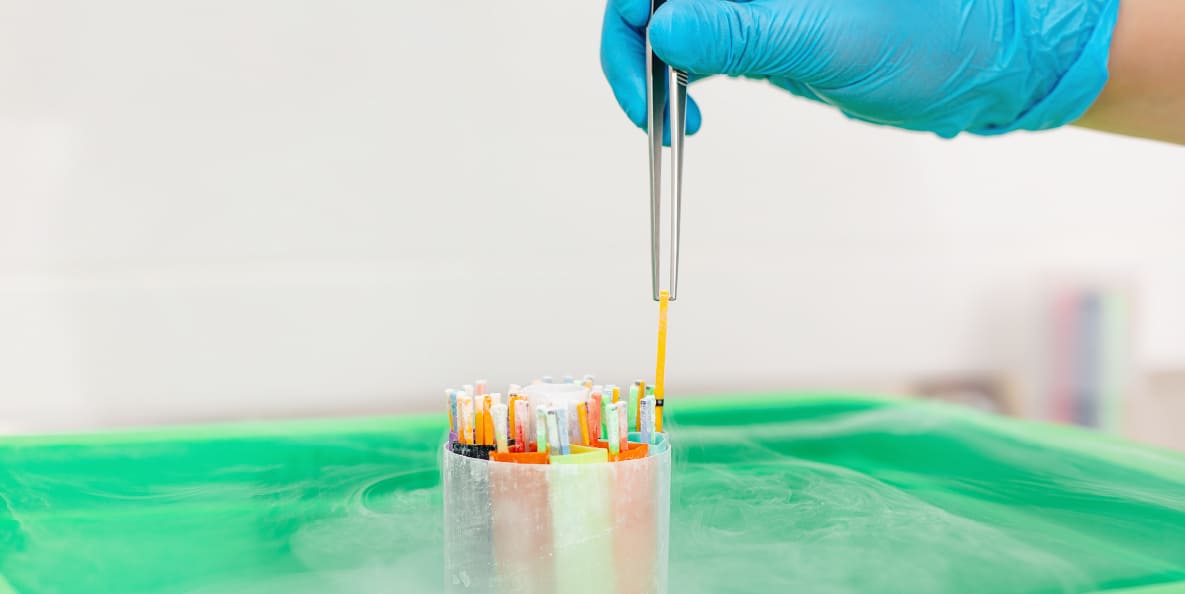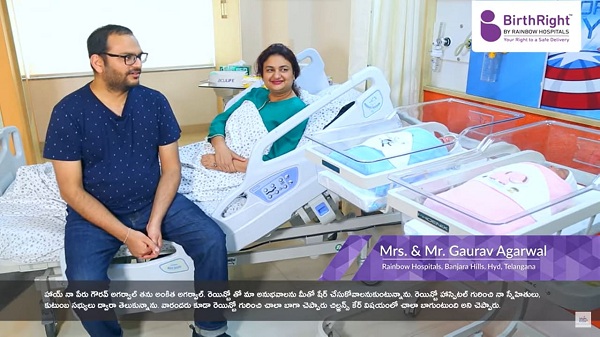Seamless support from diagnosis to post treatment care
Embryo Donor Treatment
Embryo donation, an assisted fertility treatment, becomes a viable option when achieving pregnancy with one's own eggs proves elusive. Widely embraced yet emotionally challenging for some, this treatment often becomes the chosen path for couples who have navigated prior disappointments in treatments utilizing their own eggs. In this method, couples receive embryos devoid of genetic ties to either the egg or sperm donor, ensuring confidentiality as the identities of both the donor and the receiving couple remain undisclosed.
At BirthRight Fertility by Rainbow Hospitals, our commitment to providing optimal treatments stems from a comprehensive evaluation of each couple's unique circumstances. Our team of seasoned fertility specialists guides couples considering egg donation through a meticulous process, leveraging state-of-the-art technology to execute the transfer with minimal discomfort.
Embryo donation is executed in two distinct ways—during the initial IVF cycle or later when utilizing previously frozen embryos. In the case of frozen embryo donation, surplus embryos from another couple, created during an IVF cycle, are generously offered to those encountering conception challenges. Additionally, we offer the alternative of embryo creation, wherein a donated egg and sperm are combined to form an embryo, unrelated biologically to the recipient. This carefully crafted embryo is subsequently transferred into the recipient's uterus, expanding the array of possibilities for couples on their fertility journey.

Find a Doctor
Expertise you can trust, Meet our esteemed doctors who bring exceptional knowledge, compassion, and innovation to provide top-notch care for your health and well-being.
Our Hospitals and ClinicsOur Hospitals and Clinics
Rainbow Children's Hospital stands as a testament to the hospital's continual pursuit of excellence and innovation, providing specialized care for women and children.
Request a Call back
Tap to Fill FormRequest a Call back
Blogs
Discover our most recent health articles provided by our reliable experts.
What Are People Saying About Us
Embark on a journey of inspiration and hope with our patient success stories, complemented by informative videos from our dedicated doctors.
Typically, the rate of success with embryo donation ranges from around 16%-20% for each transfer. However, the chances of success do tend to vary depending on the quality of the embryo being used.
Before your appointment with our fertility specialist to see if the embryo donation treatment will be useful to you, you will be initially counseled by our fertility counsellors. There are certain social, emotional and legal implications of receiving donated embryos and our counselors will make sure you are well informed about that. A screening blood test will also be organized before the process starts.
Embryo donors can opt to donate their embryos to any couple who wants it. Alternatively, they can even choose a recipient as per their own discretion.
If you are already using donor eggs or sperm for conceiving, you may choose to make use of donor embryos instead. You may have your own reasons for doing so.
You haven’t had success with multiple cycles using your own sperm and eggs
If there is a serious medical condition carried by you or your partner that might be inherited by your offspring. Using donated embryos negates the risk of such genetic conditions being passed on.
If other fertility treatments are too expensive and unaffordable for you
You don’t want to adopt
Usually, embryo donation costs less than other procedures of assisted reproduction, such as IVF.
It is less expensive and complicated than adoption
With embryo donation, you can get pregnant and give birth to a baby within a year.
Embryos are kept frozen for a long time before they are used by the recipient. Freezing of the embryo compromises the embryo’s quality.
Before the embryos can be transferred, they are thawed. All embryos won't necessarily survive this process of thawing.
At times, embryos are donated by couples who are infertile themselves. This means they are not necessarily of the best quality.
Quick Links
- Best Embryo Donation Doctors In Hyderabad
- Best Embryo Donation Doctors In Bangalore
- Best Embryo Donation Doctors In Delhi
- Best Embryo Donation Doctors In Chennai
- Best Embryo Donation Doctors In Vijayawada
- Best Embryo Donation Doctors in Vizag
- Best Embryo Donation Doctors In Kondapur
- Best Embryo Donation Doctors In Banjarahills
- Top Embryo Donation Doctors in India
- Top Embryo Donation Doctors In Kondapur
- Embryo Donation Doctors near me in Kondapur
- Embryo Donation Doctors near me in Banjarahills





















































